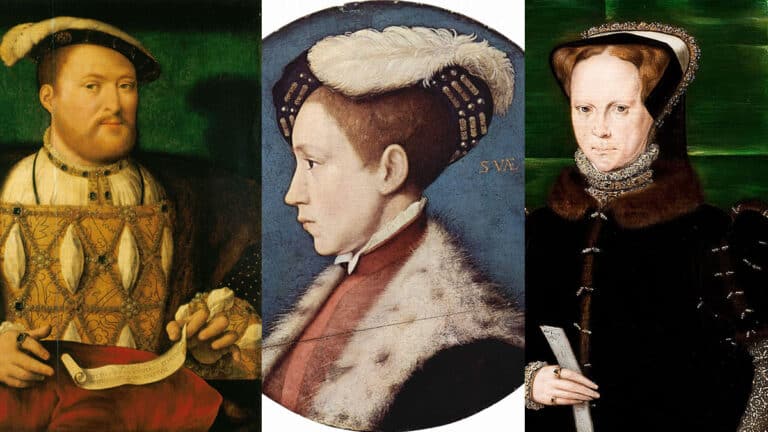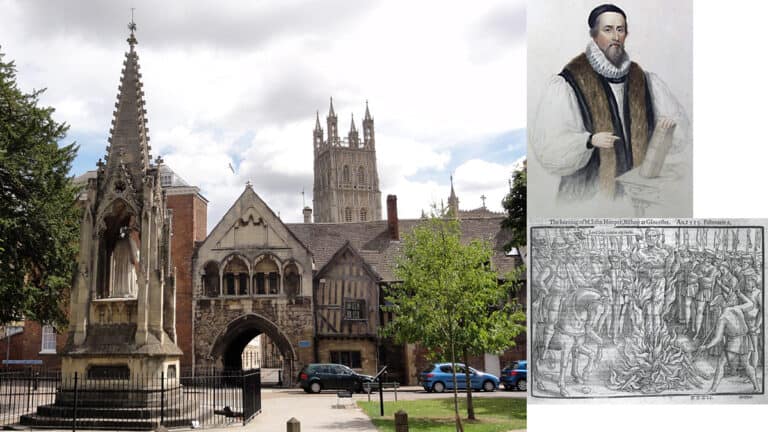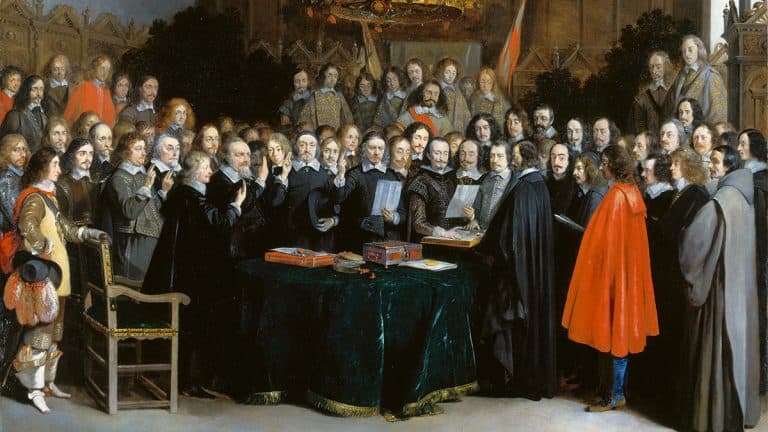Pre-Reformation England by H Maynard Smith
Today’s free book provides helpful background information about the reform movements in pre-reformation England. This public domain title was digitised from the copy help in Spurgeon’s College library.
Roman-Catholics often write as if the Reformation in England would not have taken place if it had not been for the desire of Henry VIII for a divorce. Protestants, on the other hand, assert that it was due to the corruption of the clergy and the superstitions of the people. Economic writers emphasise the fact that the Church was excessively wealthy and politically powerless, so that the temptation to plunder her was irresistible. Political theorists maintain that the rampant nationalism of the English in the XVI century was incompatible with England’s belonging to an international church. In this book the truth of these theories is tested ; but the object of the author is first of all to describe what Pre-Reformation England was like and the opinions of Englishmen at the time. He does not believe that any one theory will account for the Reformation ; and he does not believe that it is possible to understand how the Reformation came about, unless we are alive to the many aspects of life in the preceding period.
Preface, p.vii
Herbert Maynard Smith [1869-1949], Pre-Reformation England. London: Macmillan and Co., Ltd., 1938. Hbk. pp.556. [Click here to visit the download page for this book]
Table of Contents
- Preface
- Some Abbreviations
- The Condition of Pre-Reformation England
- Henry VII: His Funeral and Will
- The States of the Church
- The Popular Religion
- Superstitions and Abuses
- Economic and Social Changes
- Political Changes
- The Tendencies of the Time Accounted For
- The History of Lollardy
- The History of Scholasticism
- The English Mystics
- The Literature of the People
- Humanism
- The Catholic Reformers
- Summary
- List of the Books Referred to in the Notes
- Index
Main image: John Wycliffe is shown giving the Bible translation that bore his name to his Lollard followers. Source: Wikipedia


![Herbert Maynard Smith [1869-1949], Pre-Reformation England](https://reformationchurch.org.uk/blog/wp-content/uploads/2021/12/pre-reformation-england_smith.jpg)


